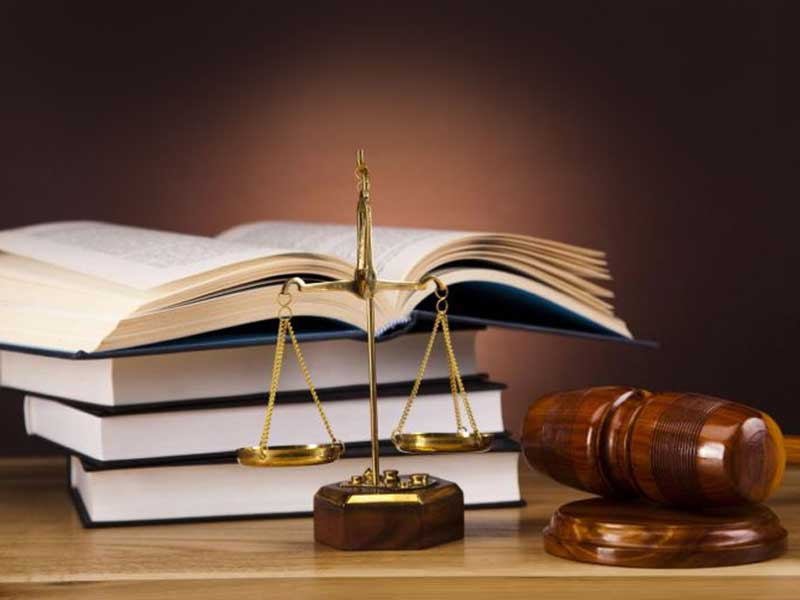By: Shadreck Muyambo and Mwaba Phiri
16th April 2024
Democratic governments may be classified
either as parliamentary or presidential systems. The distinction between the
two is fundamentally the source from which the executive derives its authority.
This article aims to delve into the weakness and strengths of each system of
democratic government and which of the two has had more success in practice.
In a parliamentary system of government,
parliament is the only institution democratically elected. The executive is
derived from parliament to which it is heavily accountable. In the words of Ben
Nwabueze "an executive elected by the legislature owes its right to govern
to the legislature." There is usually a distinction between the
head of state and the head of government. The head of state is usually a
representative figure of a state who wields no practical power in executive
matters while the head of government is the highest executive official who
represents the party in power and wields practical executive authority.
Parliament is not the only democratically
elected institution in a presidential system. The president who is the head of
government and in most cases also the head of state, is directly elected by the
people rather than derived from parliament. The presidential system is the
dominant model amongst African countries. The popularity of this system has
been ascribed to its familiarity with the traditional African political system
in which chiefs or kings were the center of political power.
ACCOUNTABILITY OF EXECUTIVE
Parliament wields enormous authority in a
parliamentary system. The executive is derived from parliament and its tenure
is dependent on parliamentary confidence. Frequent reports are made to
parliament regarding the executive's manner of operation and in the event it is
not satisfied with the stewardship, a motion of no confidence is passed which
determines whether the executive is to continue in power. Censure motions are
also passed to reprimand the executive or individual members of cabinet for
their lack of competence. However, this does not mean that the parliamentary
system is free from abuse of power and autocratic tendencies by the executive.
In instances where the ruling party wins by an absolute majority, the executive
may abuse its authority without fear of no confidence motions or censures.
Presidential systems are not associated
with such high levels of accountability. They have thus been heavily associated
with autocratic tendencies due to the executive's almost unlimited authority
and the drastic step of impeachment being the only threat to such authority. In
contrast to the parliamentary system motion of no confidence, presidential
systems use impeachment as a means of removing executive members from office
before the end of their tenure. Impeachment has been heavily criticized for its
limited grounds. In Zambia, there are only three grounds upon which the
president may be impeached. According to Article
118(1) of the Constitution Amendment Act of 2016 (hereinafter referred to as
the Constitution), the president may be impeached only if he violates a
provision of the Constitution or other law; a crime under international law; or
gross misconduct.
CHECKS AND BALANCES
The rationale behind the doctrine of separation
of powers aside from preventing the concentration of power in one body is also
to provide an environment enabling checks and balances. The proper demarcation
of the three branches of government enables them to effectively check on each
other's powers. Checks and balances is not achieved through an absolute
separation of functions but by allowing a limited interference of one branch
into the functions of another.
It is an intrinsic aspect of the parliamentary system that the executive is derived from parliament. The head of government and his ministers are always members of parliament and perform both parliamentary and executive functions. Thus there is no separation of powers between the executive and parliament and the two branches cannot effectively check on each other's powers. Moreover, the Westminster model (a form of the parliamentary system) which operates under the doctrine of parliamentary sovereignty, confers supreme law making powers on parliament. Provided parliament follows the provided procedure and form of enacting law, it cannot be subjected to the checks and balances of the English courts.
In the presidential system, the three arms
of government are well demarcated, with specific spheres of responsibility. The
president is directly elected by the people rather than derived from the
legislature. However, depending on the constitutional arrangement, he may be
bound to appoint ministers from parliament. Article 116(1) of our Constitution mandates the president to
appoint a prescribed number of Members of Parliament as Ministers.
EXECUTIVE AGENDA
People elect heads of state or members of
parliament mostly because of their party ideologies or manifestos. It is an
intrinsic aspect of the parliamentary system that the head of state is appointed
from the party with the highest number of seats in parliament. This allows for
smooth enactments of legislation in accordance with the executive's agenda and
its response to the people's needs.
In a presidential system, the president is independently elected and not derived from the party with the highest number of seats in parliament. This results in situations where parliament is dominated by the opposition which may reject proposed legislation by the executive. The rejection may be due to a difference in party ideology or an inclination to oppose and hinder the ruling party. In 2011, the United States' House of Representatives was dominated by members of the Republican party. These heavily opposed proposed legislations by Barack Obama's government of the Democratic party.
TENURE
Presidential systems are usually
associated with fixed and limited terms. African countries have heavily been
victims of what scholars refer to as "president for life syndrome."
Constitutional restrictions on the number of years a president can continuously
hold power are meant to curb the syndrome. Stability of tenure is another
benefit associated with fixed and limited terms. The executive operates with
the confidence of a stable tenure and not in fear of being voted out of power
through motions of no confidence.
CONFLICT BETWEEN HEAD OF STATE AND HEAD OF
GOVERNMENT
A popular association with the
parliamentary system of government is a distinction between the head of state
and the head of government. This at times results in a clash between the two
executive authorities. After Uganda obtained its independence in 1962, it
adopted its colonial master's parliamentary system of government. Sir Edward Mutesa II (the King of the
Baganda, Uganda’s largest ethnic group) become the ceremonial head of state
while Milton Obote was appointed as
Prime Minister who thus wielded practical executive authority. This resulted
into years of tension and power struggle between the two executive powers which
culminated into Abote's military forces invading Mutesa’s palace and forcefully
sending him into exile.
The united states (which engineered the presidential system) is an example of a state which has successfully applied the presidential system in its 248 years of independence. The United Kingdom has also successfully applied the parliamentary system in its democratic history. Many African countries have however failed to successfully adopt and apply these systems of democratic government. Currently, Nigeria is at crossroads whether to adopt the parliamentary system which it initially applied after its independence or continue with the presidential system. Scholars have attributed the success or failure of these systems to external factors.
Said Adejumobi suggests some external
factors which may have caused the failure of both systems in Nigeria (Said
Adejumobi, "The Relevance of the Presidential System of Government to Nigeria's
Quest for Democracy," 2000). These external issues creating
political instability and an environment not suitable for the democratic
systems are common amongst African countries. He points out that Key state
institutions need to be reformed and restructured for them to support the
democratic process. This includes members of electoral commissions being
independently established rather than appointed by the state. The judiciary and
other state institutions must also be autonomous for them to act independently
of executive control and to be accountable to the people rather than the
executive.
Another issue which he ascribes to
political instability is lack of respect for the rule of law and separation of
powers. The executive led by the president must learn to respect other branches
of government especially the legislature and de-personalize governance such
that the state would not revolve around the personality and idiosyncrasies of
one single person.
The final factor which he suggests leads
to political instability in Nigeria is the foundation of the Nigerian economy.
The economy must at the same time promote economic growth, distribution and
social welfare. There is a great divide between the rich and the poor common to
all African countries which shows that the rich control the political arena and
use it only for their benefit.
Both the parliamentary and presidential
systems have weaknesses and strengths This article has shown that the
successful application of each system depends on the existence of certain
factors. These factors include the reformation of key state institutions; the
existence and respect for democratic principles such as the rule of law and
separation of powers; and by rebuilding the foundation of African economies as extreme
poverty is a threat to democratic stability.
LEGAL AID INITIATIVE
(Bringing the Law to Your Comfort)
About the Authors:
Shadreck Muyambo is a third year Law student at the University of Zambia. He is also a Legal Editor at Legal Aid Initiative.




